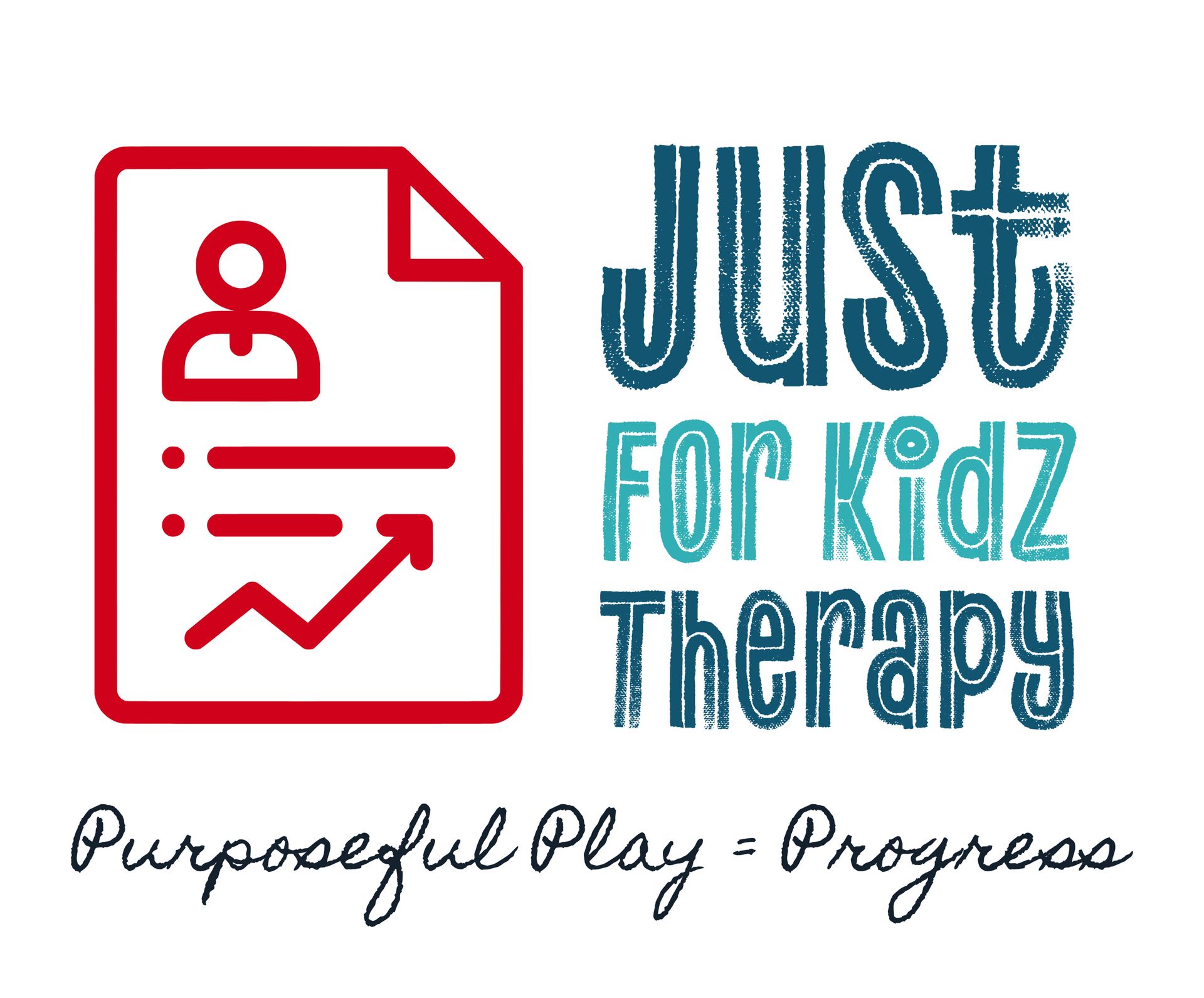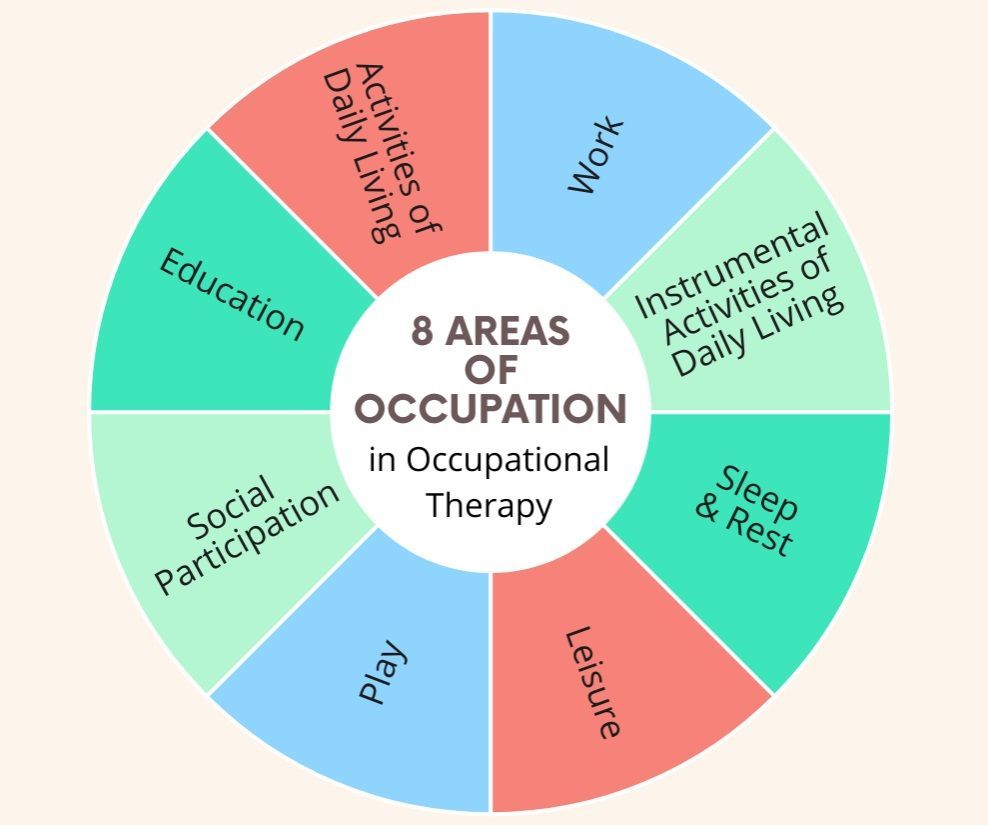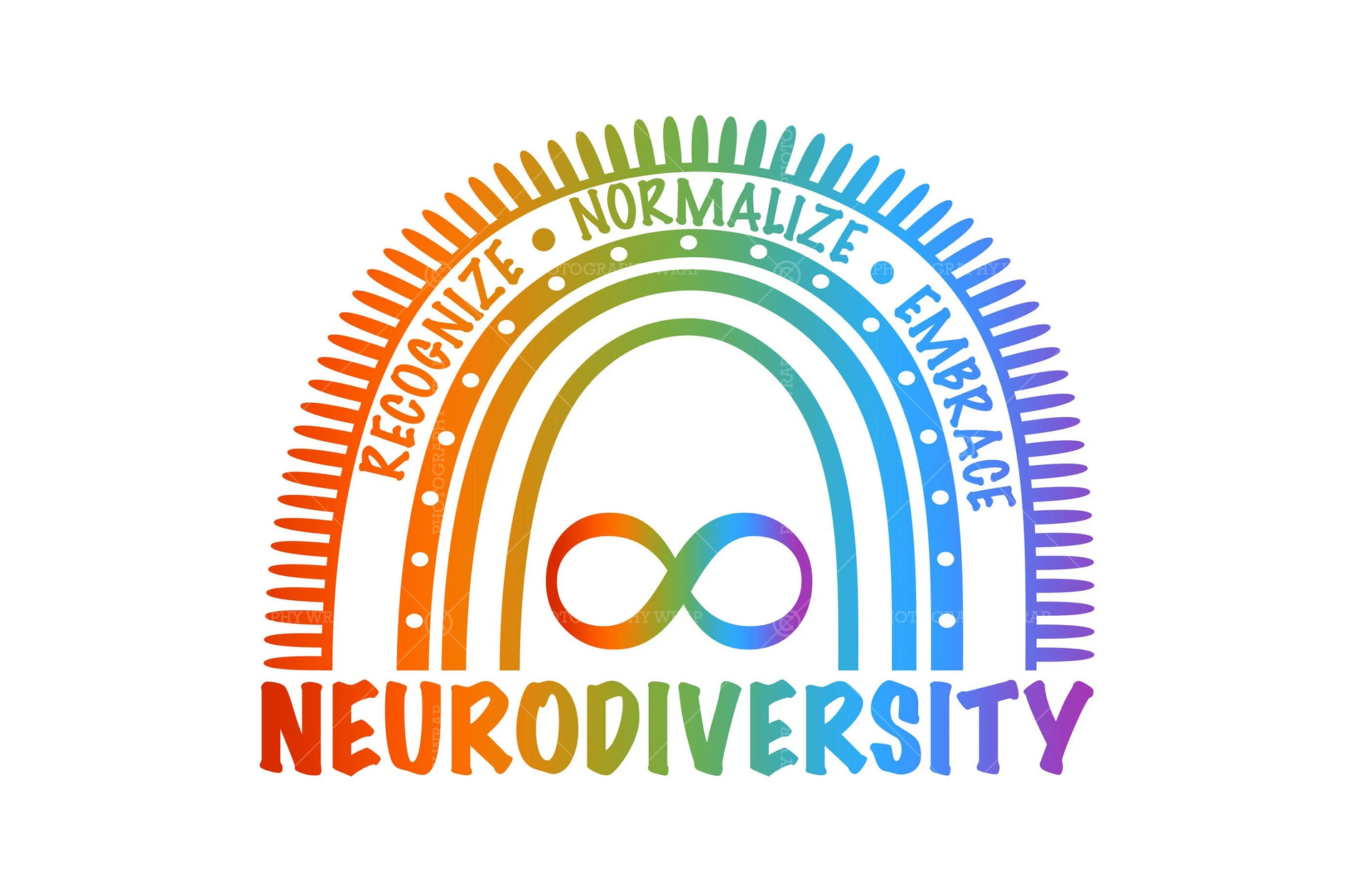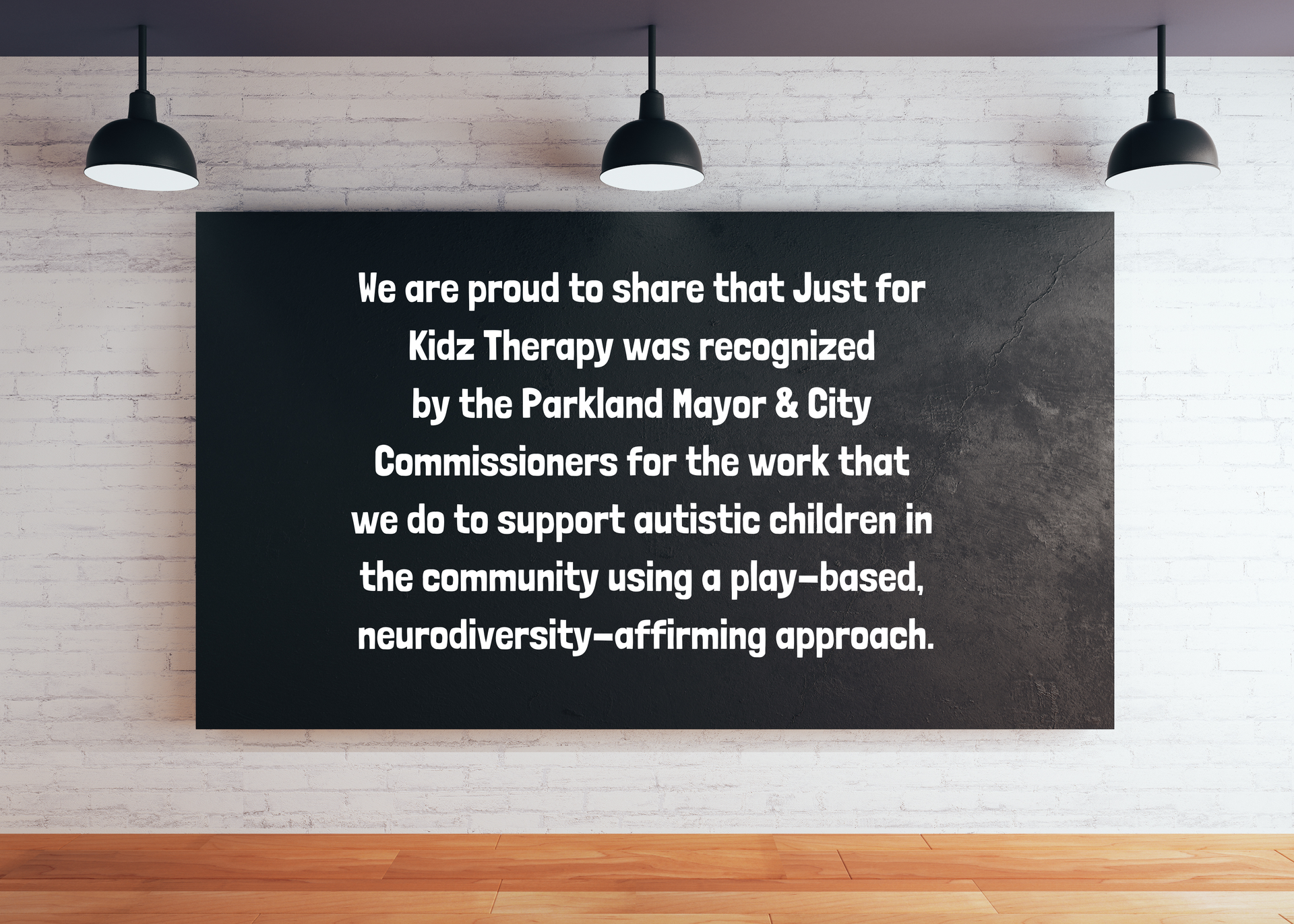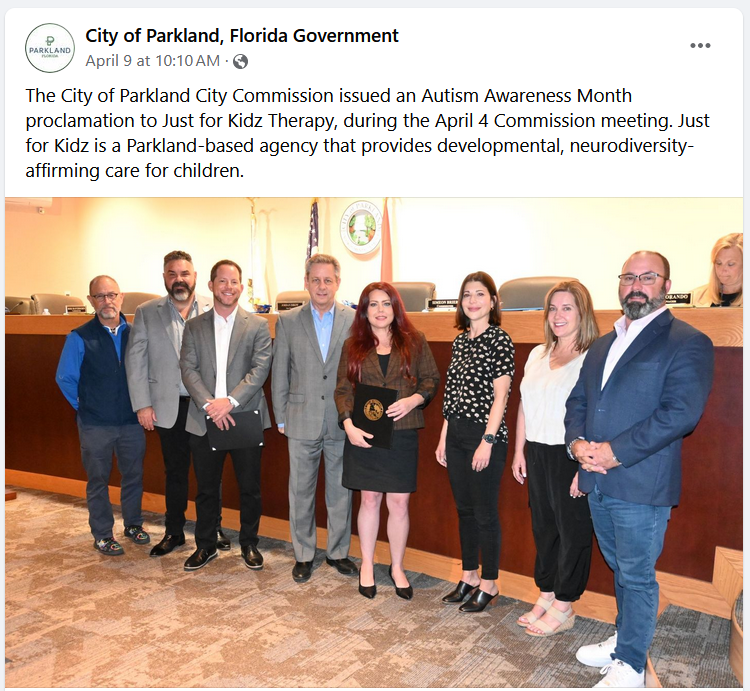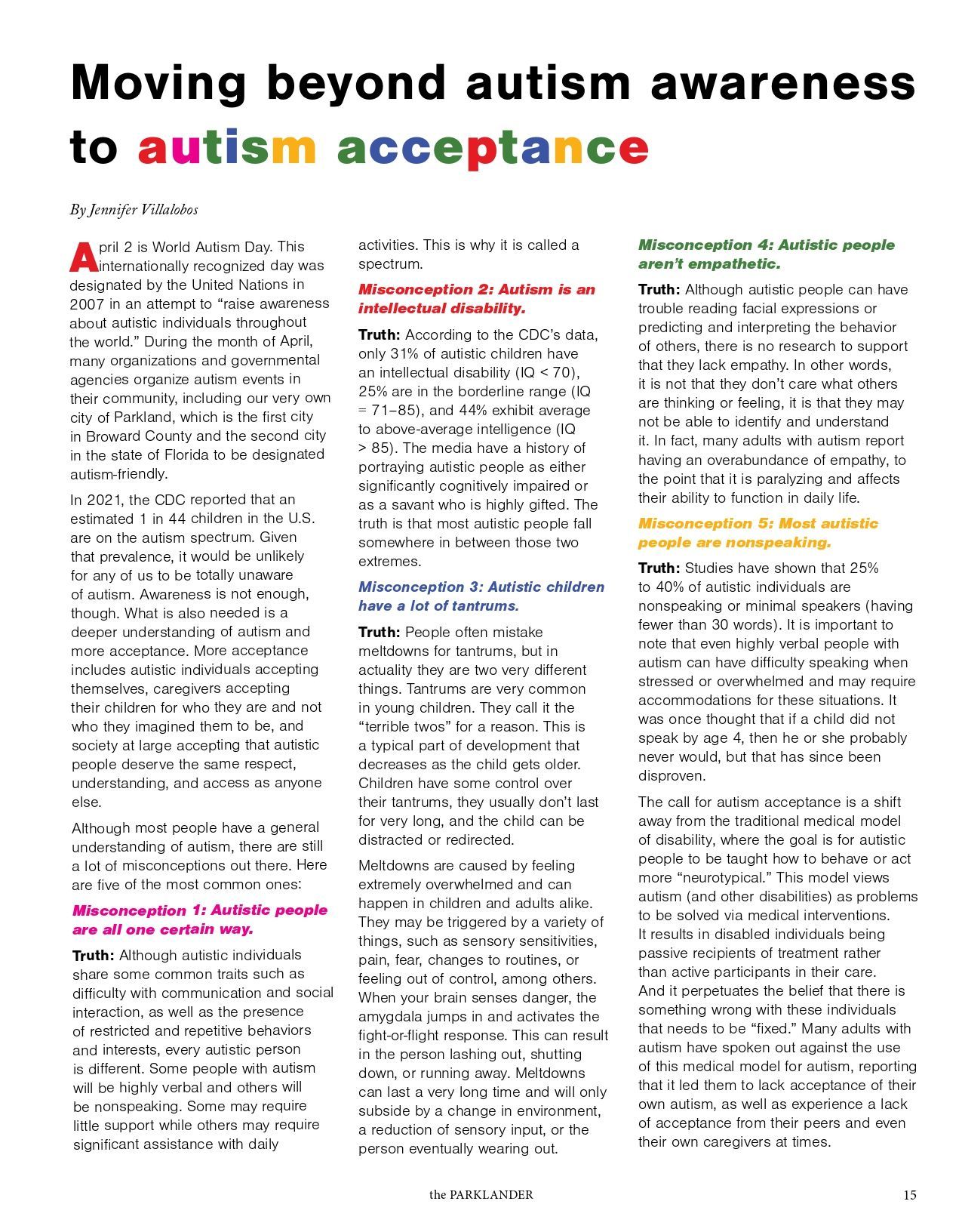1) What does occupational therapy address? Is it just fine motor skills?
Occupational therapy is often associated with fine motor skills such as handwriting or grasp, but its scope is much broader. Pediatric occupational therapy supports the foundational skills children need to participate in everyday life.
OT focuses on helping children engage in daily activities by supporting regulation, attention, motor planning, self-care, play, and fine motor coordination. It also considers a child’s emotional well-being, sensory needs, and the environmental demands of home, school, and community settings.
Fine motor skills are one piece of the puzzle, but occupational therapy takes a whole-child, context-based approach—looking at how these systems work together to support meaningful participation.
